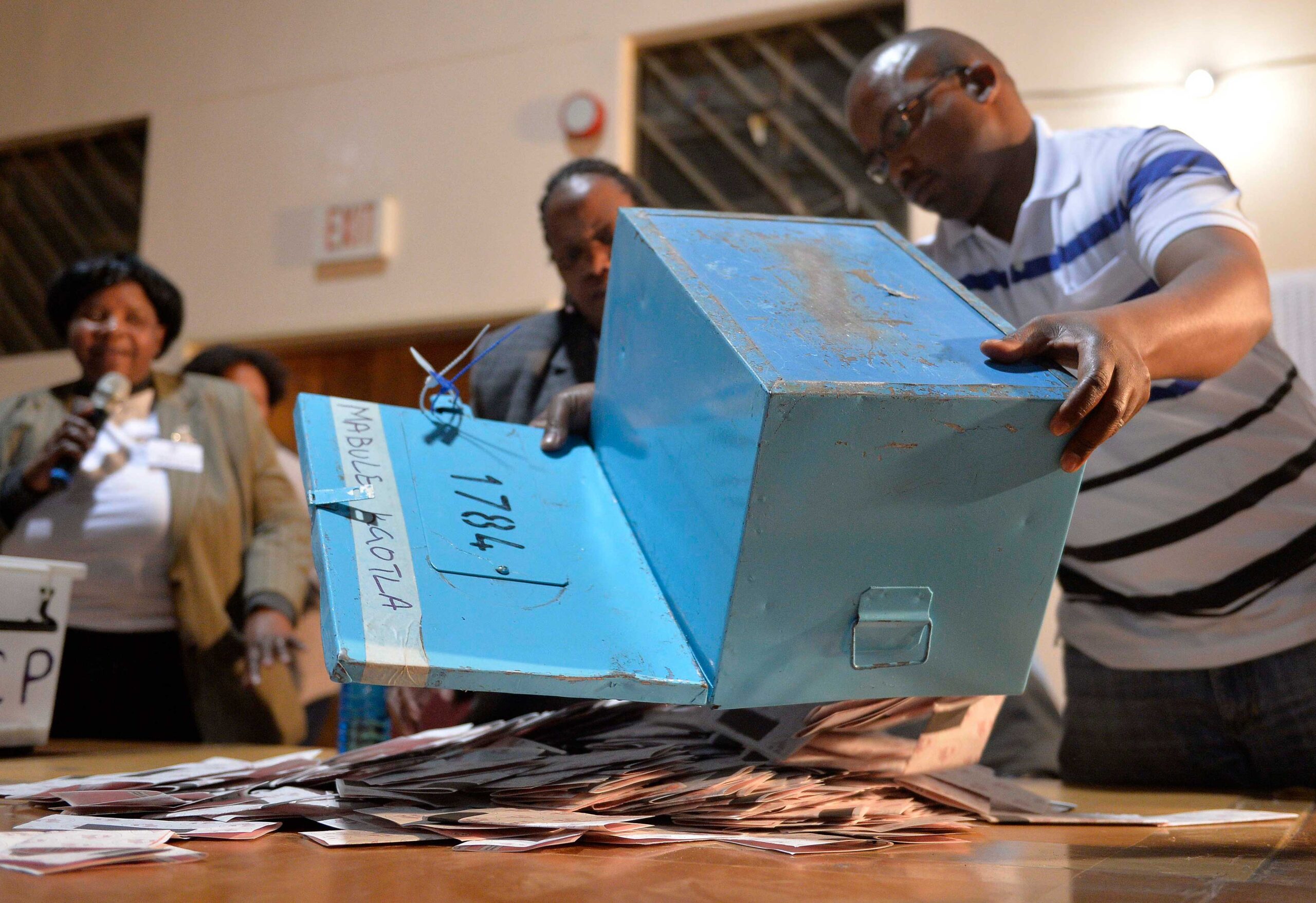- Only 12 women ran for parliamentary seats in a field of 199 men
- Emang Basadi blames silence of the Constitution on women
- BCW points to financial cost, fear of losing as impediments to women
SESUPO RANTSIMAKO
A report on the 2019 general elections by the Independent Electoral Commission (IEC) shows that despite their high voter registration turnout, female participation for political positions remains low, raising questions of gender parity in Botswana.
The report, which was released recently, indicates that females constituted 55 percent, males 44 percent out of a total of 925 478 voters registered for the 2019 general elections over a period of six and-a-half months.
Despite registering in high numbers as opposed to men, the report reflects low participation of women for parliamentary and local government political positions. All political parties had less than five female contestants for both parliamentary and local government positions, with the Real Alternative Party (RAP) having no female contestants at all.
The 2019 general elections were contested by six political parties, namely Alliance for Progressives (AP), the Botswana Democratic Party, the Botswana Movement for Democracy, the coalition Umbrella for Democratic Change, the Botswana Patriotic Front and Real Alternative Party, as well as independent candidates.
The report shows that out of the 210 parliamentary contestants, only 12 were female while 199 were male candidates. “Only three female parliamentary contestants managed to win. All these were from the BDP and are Annah Mokgethi who was the Bonnington North candidate, Mmopane/Lentsweletau representative Tebogo Makwinja as well as Talita Monnakgotla from Kgalagadi North,” says the report.
To buttress the low participation of women in running for political positions, the report indicates that out of 1747 local government contestants, 236 were female while the rest were male candidates. “Only 71 local government seats were won by women while the remaining ones went to their male counterparts,” the IEC report says.
Reached for comment, the National Secretary of Botswana Council of Women, Caroline Matlho, attributed the low participation of women to fear of failure. She said oftentimes women who aspire for political office are afraid of contesting because they fear that they might lose due to lack of support from their fellow women.
The financial cost that comes with running for elective office is also a factor. “The workshops that we hold have revealed that fear of losing is the most serious impediment that bars women from running for political positions in large number,” Matlho said. “We have realised that there is need for more workshops to empower women to aspire for political positions in large numbers without fear.”
At Emang Basadi, the Executive Director Idah Mokereitane said a study conducted prior to the 2019 general elections titled “Mme o Kae?” had blamed the Constitution of Botswana because it is silent about women’s participation and involvement in politics. Moreover, Mokereitane said, the Botswana Gender and Development Policy is weak in implementation of measures that could enhance prospects for women who aspire for political positions.
“There is need to review the Constitution of Botswana with women empowerment in mind, as well as to legislate for gender parity,” she said.

